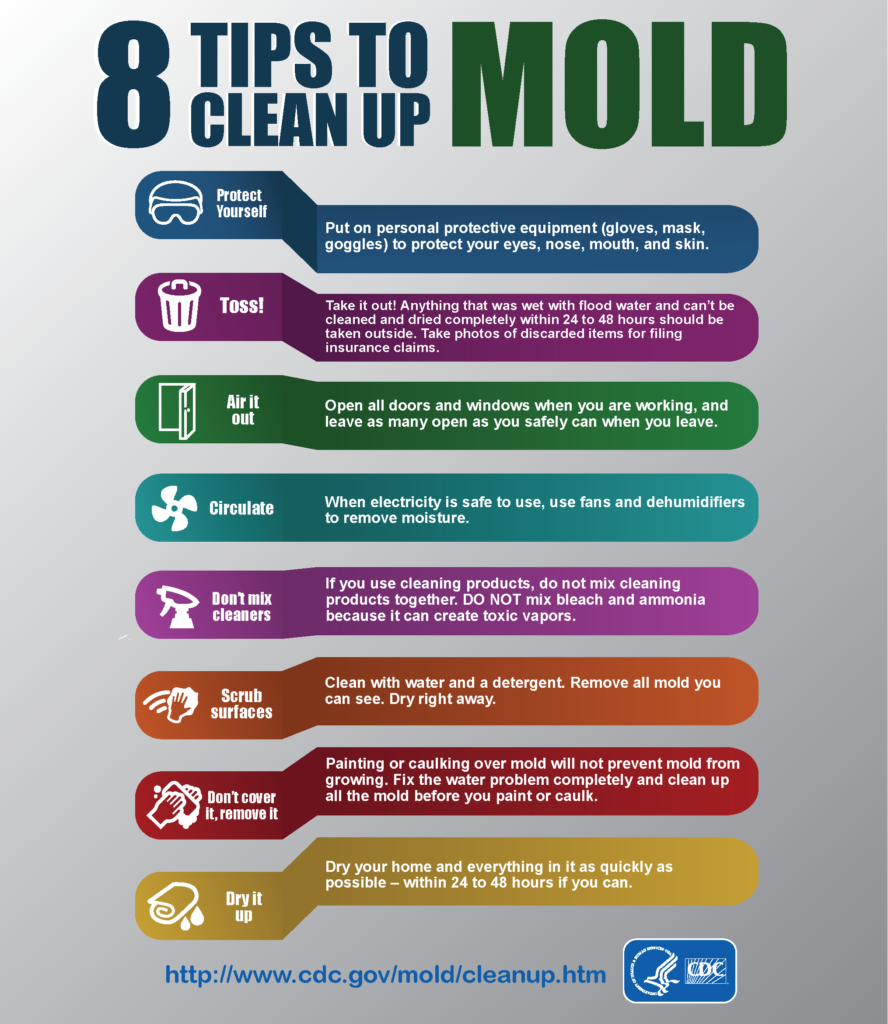
Discover the health impacts of mold exposure in our latest blog post at Mold Solutions Guide. Learn how mold can affect your health and find solutions to keep your home safe.
Understanding the Health Risks of Mold Exposure
Understanding the Health Risks of Mold Exposure
Mold exposure can have serious health consequences for individuals. Exposure to mold spores can lead to respiratory issues such as coughing, wheezing, and throat irritation. Individuals with asthma or allergies may experience worsened symptoms when exposed to mold.
In addition, mold exposure can trigger allergic reactions in some people, causing symptoms such as sneezing, skin rashes, and itchy eyes. Prolonged exposure to mold has been linked to more severe health problems, including respiratory infections and exacerbation of asthma.
It is important to address any mold issues promptly to protect your health and the health of those around you. Seeking professional help for mold remediation and implementing preventive measures can help reduce the health risks associated with mold exposure.
Frequently Asked Questions
What are the potential health risks associated with mold exposure?
Exposure to mold can lead to respiratory issues, allergic reactions, skin irritation, and worsening of asthma symptoms.
How can mold exposure affect individuals with respiratory conditions?
Exposure to mold can aggravate respiratory conditions such as asthma and allergies, leading to worsened symptoms and potential respiratory distress in individuals.
Are there long-term health effects of being exposed to mold?
Yes, prolonged exposure to mold can lead to long-term health effects, such as respiratory issues, allergic reactions, and even neurological symptoms.
What are the symptoms of mold-related illnesses?
The symptoms of mold-related illnesses include respiratory issues, allergies, headaches, fatigue, and skin irritation.
How can mold exposure be prevented to minimize health impacts?
Mold exposure can be prevented to minimize health impacts by keeping indoor spaces clean and dry, fixing any water leaks promptly, using ventilation when cooking or showering, maintaining proper humidity levels, and conducting regular inspections for mold growth.
In conclusion, the health impacts of mold exposure can be severe and should not be underestimated. It is crucial to take proactive steps to prevent mold growth in homes and buildings. By implementing effective mold solutions and maintaining a clean and dry environment, individuals can protect themselves and their loved ones from the harmful effects of mold. Remember, when it comes to mold, prevention is key for ensuring a healthy living environment.
![]()